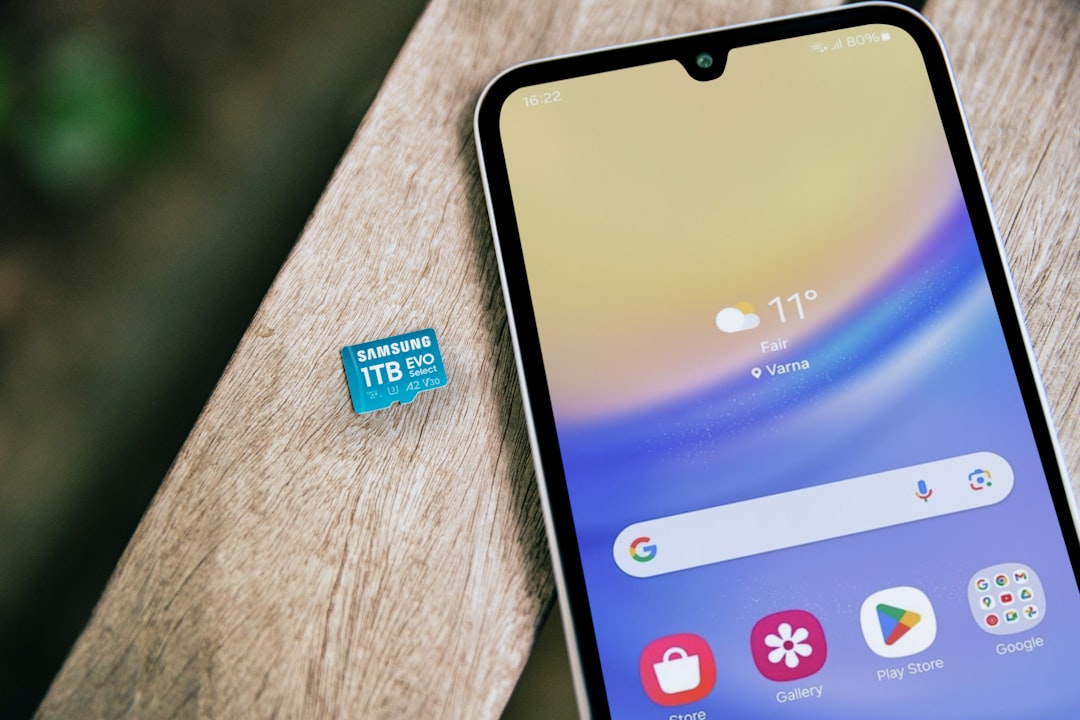Illinois' Telemarketing and Consumer Fraud Act (TCFA) and related laws, like the National Do Not Call Registry, empower residents to stop robocalls by blocking calls, registering numbers, and understanding consent requirements for marketing texts. Strict penalties deter violators, ensuring a quieter communication environment.
In Illinois, understanding and adhering to robust robocall laws is crucial for consumers seeking to curb unwanted texts and automated calls. This comprehensive guide delves into the state’s regulations, empowering residents with strategies to identify and block nuisance messages effectively. From recognizing legitimate communication to enforcing Do Not Call lists, we explore consumer rights and protective measures. Learn how to navigate these laws and safeguard your privacy in today’s digital landscape.
Understanding Robocall Laws in Illinois

In Illinois, the fight against unwanted texts and robocalls is governed by state laws designed to protect consumers. The Telemarketing and Consumer Fraud Act (TCFA) is a key piece of legislation that restricts how businesses can contact residents through automated dialing systems or pre-recorded messages. This law allows individuals to register their phone numbers on the Do Not Call list, significantly reducing the volume of robocalls they receive.
Violations of these robocall laws in Illinois can result in substantial fines for offenders. Consumers are empowered to take action by filing complaints with the Illinois Attorney General’s office and seeking legal recourse if necessary. Understanding and exercising their rights under these regulations is a crucial step in curtailing unwanted communications, ensuring a quieter and more peaceful connection with desired callers.
Identifying and Blocking Unwanted Texts

Unwanted texts and robocalls can be a persistent nuisance, but there are ways to combat them effectively in Illinois. Identifying these pesky intrusions is the first step. Pay close attention to the content and sender information of any suspicious messages. Robocalls often originate from anonymous or out-of-state numbers, while unwanted texts may include promotions, scams, or spam from known sources.
Once identified, you can take action by blocking these calls and texts. Most smartphones have built-in call blocking features that allow you to create a list of blocked numbers. Additionally, there are dedicated apps available that filter out robocalls and unwanted texts, leveraging advanced algorithms and community reporting to keep your inbox clean. Familiarize yourself with Illinois’ robocall laws, which provide protections against certain types of automated calls, empowering you to take control of your communication experiences.
Enforcing Do Not Call Regulations

In Illinois, enforcing Do Not Call regulations is a significant step in combating unwanted texts and robocalls. The state has established laws that protect consumers from relentless marketing calls and messages, providing them with the option to opt-out of such communications. These regulations are designed to give individuals control over their privacy and communication preferences.
By adhering to these rules, businesses must obtain explicit consent before contacting consumers and respect their decision to be left alone. This process involves maintaining comprehensive records of customer choices and implementing robust internal practices to prevent unauthorized calls or texts. Illinois residents can take comfort in knowing that they have legal recourse against violators, ensuring a quieter and more peaceful communication environment.
Consumer Rights and Protections

In Illinois, consumer rights and protections against robocalls are established by state laws aimed at preserving individual privacy and preventing unwanted communication. The Illinois Consumer Fraud and Deceptive Practices Act prohibits businesses from using deceptive or harassing practices in their marketing efforts, including automated phone calls. Additionally, the Telephone Consumer Protection Act (TCPA) offers federal safeguards, allowing consumers to file complaints against companies that send unsolicited text messages or make robocalls without prior consent.
Consumers in Illinois can take several steps to protect themselves. This includes registering on the Do Not Call Registry, opting out of selling personal information, and using available tools to block unwanted calls. By understanding their rights and taking proactive measures, residents can mitigate the frequency of robocalls and enjoy a more peaceful communication environment.
Effective Strategies for Safe Communication

To stop unwanted texts and robocalls in Illinois, residents can employ several effective strategies for safe communication. Firstly, consider registering your number on the National Do Not Call Registry. This federal list restricts telemarketers from contacting numbers listed on it, significantly reducing the volume of unsolicited calls. Additionally, many smartphone apps offer robust anti-robocall features that can detect and block automated messages, ensuring a quieter line.
In terms of robocall laws in Illinois, the state has specific regulations to protect consumers. These include provisions against deceptive practices and requirements for clear consent before sending marketing texts or making automated calls. Staying informed about these laws empowers residents to take proactive measures and maintain control over their communication channels.






